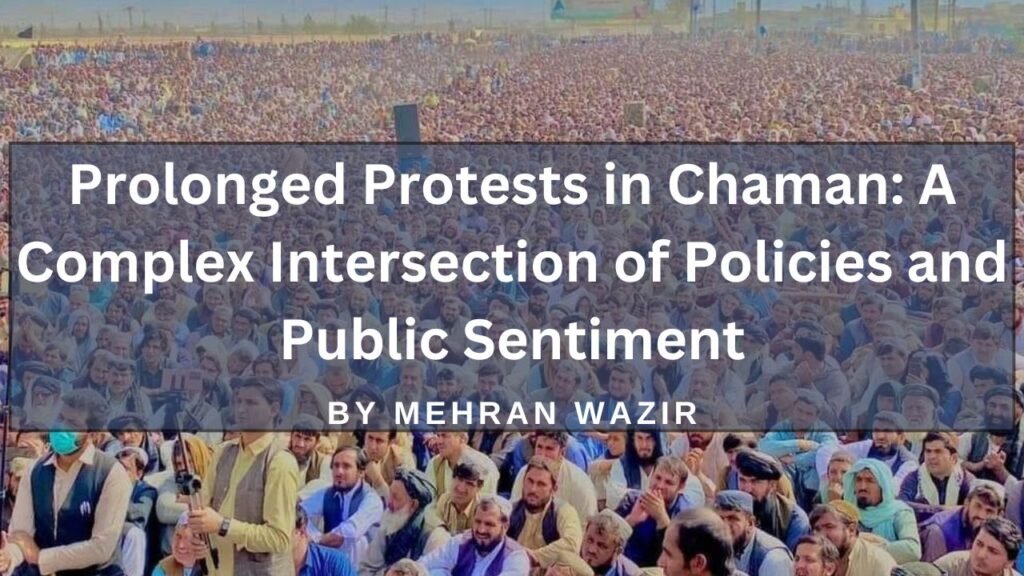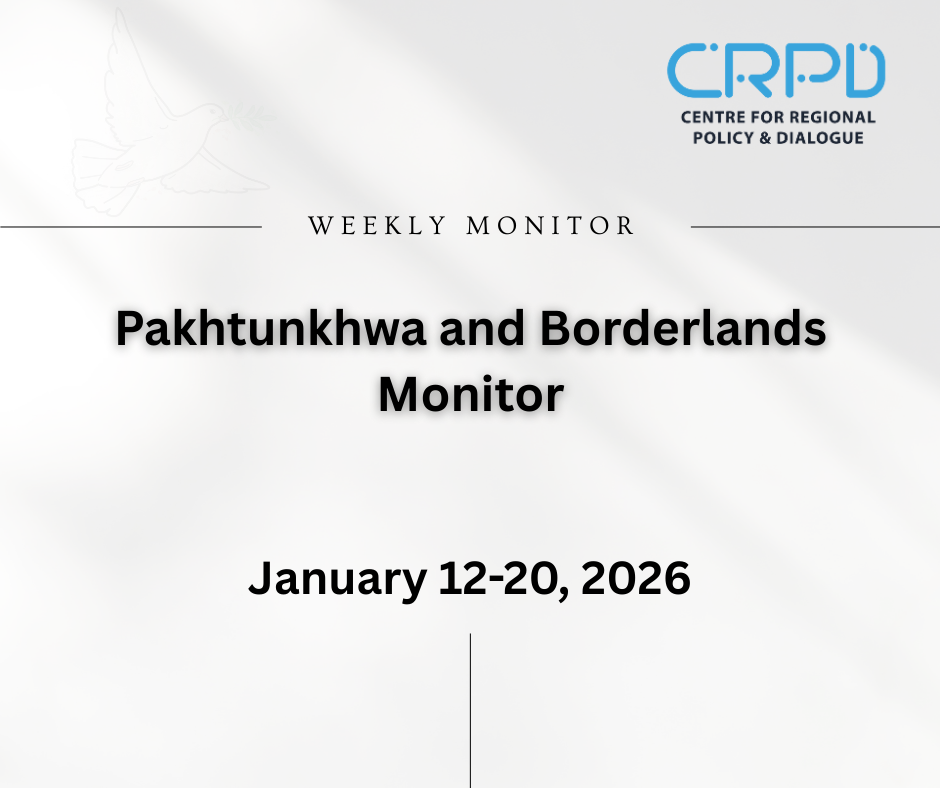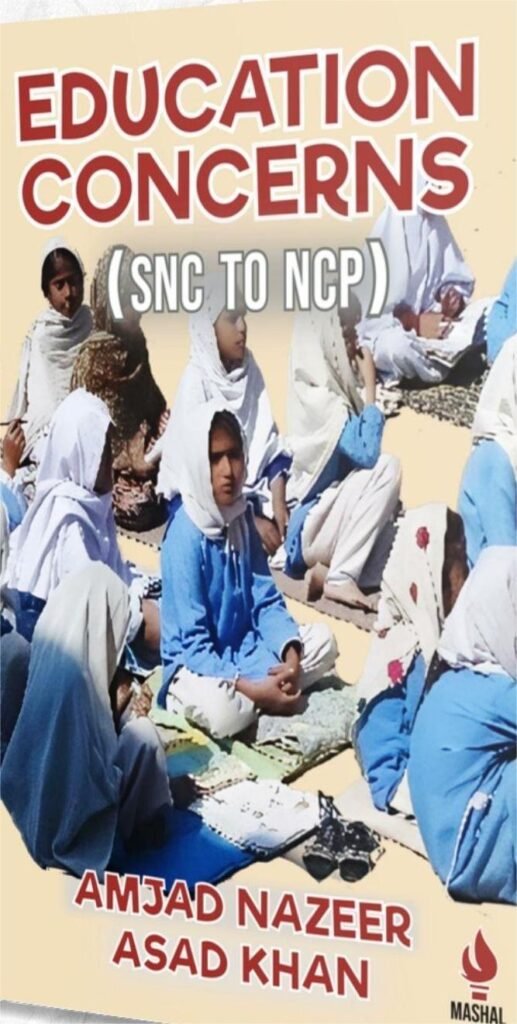By Mehran Wazir
In recent months, Chaman, a crucial crossing point’s town between Pakistan and Afghanistan, has been a center of political and social unrest. The protests, primarily centered around the new visa policy, have flared up tensions, leading to violent clashes, tragic fatalities, and a deepening humanitarian crisis.
The genesis of the protests in Chaman emanates from the new visa policy imposed by Pakistan, which has significantly affected the daily lives of people in the regions situated on the peripheries. Historically, the Chaman crossing point has been a lifeline for thousands of individuals who traverse it daily for trade, family visits, and medical reasons. The new policy, perceived as stringent and restrictive, has disrupted this age-old cross-border movement, igniting widespread discontent. Hundreds and thousands of families are dependent on the daily movement of people on the crossings for decades.
On May 4, 2024, a violent clash between protesters and security forces resulted in the death of one individual and injuries to eight others. This tragic event underscores the escalating volatility in the region, driven by the prolonged protests that have now extended over 136 days. The protesters are adamant in their demand for the reversal of the new visa policy, which they argue is detrimental to their livelihoods and exacerbates humanitarian issues.
The sit-in protests have not only highlighted the local grievances but have also drawn attention to broader geopolitical tensions. The relationship between Pakistan and Afghanistan has historically been tense with complexities and the current situation in Chaman adds fuel to the fire keeping in view the complex dynamics.
The Chaman protests resonate beyond the local context, reflecting the regional instability. Afghanistan, still grappling with internal conflicts and the humanitarian fallout of years of war, views the stringent visa policies as an additional burden on its already stressed public. According to reports from TOLOnews, the Afghan government has expressed concerns over the impact of these policies on its citizens.
Moreover, the international community is watching closely. Human rights organizations have been alarmed over the potential for a humanitarian crisis, urging both governments to seek a peaceful resolution and address the legitimate concerns of the affected populations. The prolonged closure of the crossing point has also affected trade routes, impacting economic conditions on both sides.
The Pakistani government has so far maintained its stance on the visa policy, citing security concerns and the need for regulated cross-border movement. However, the violent incidents and the persistent nature of the protests suggest that a reassessment might be necessary. A dialogue-based approach, considering the humanitarian and socio-economic impacts could pave the way for a more sustainable solution
In conclusion, the situation in Chaman is a poignant reminder of the intricate linkages between policy, public sentiment, and regional stability. The ongoing protests underscore the urgent need for a balanced approach that addresses security concerns while also respecting the rights and needs of peripheral communities. As the world watches, the actions taken in the coming days and weeks will be crucial in determining the future trajectory of this volatile yet vital region.







